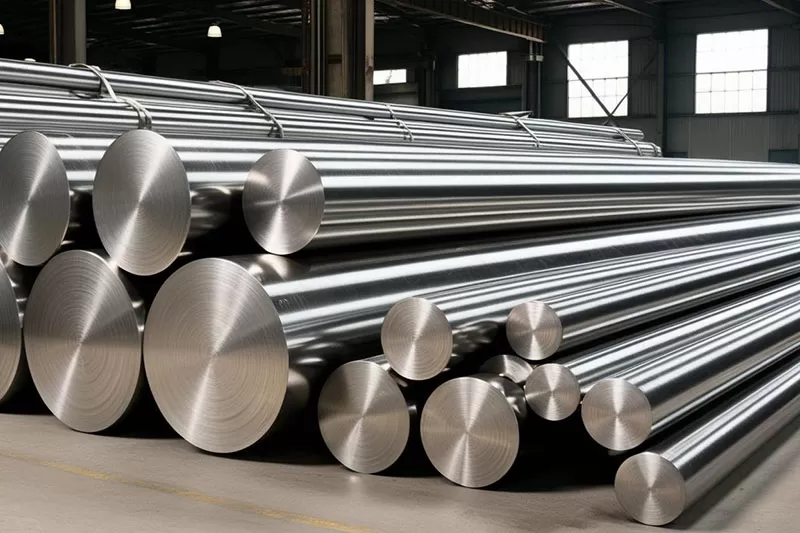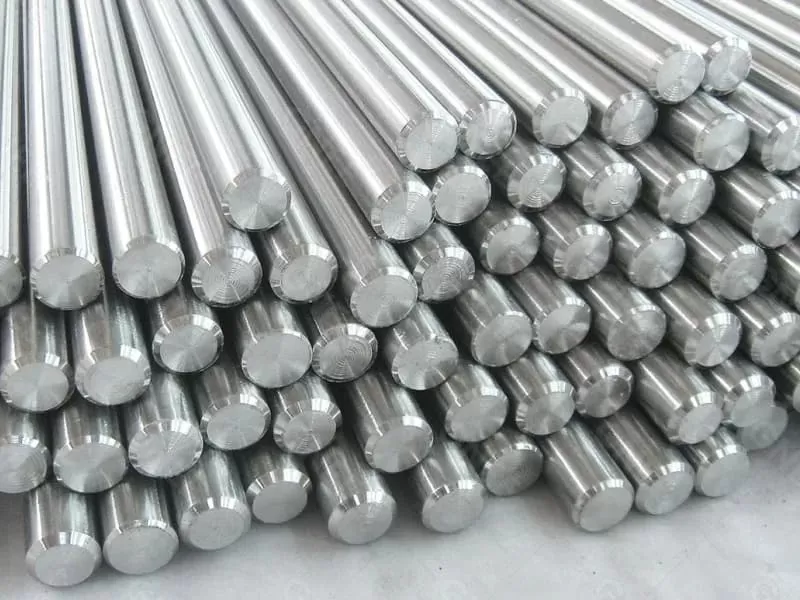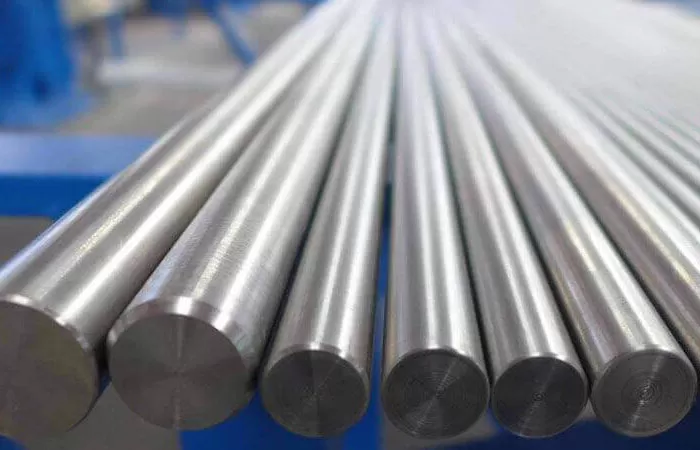
Nickel-titanium alloys, also known as Nitinol®, find extensive use in various applications due to their unique properties. Here are some additional examples of common applications where nickel-titanium alloys are utilized:
Medical Devices: Nickel-titanium alloys are widely employed in the medical field. They are used in orthopedic implants, such as bone fixation devices, orthodontic wires, and dental braces. These alloys are especially beneficial in applications where shape memory and superelasticity are required, allowing for customized fittings and continuous force application.
Biomedical Engineering: In biomedical engineering, nickel-titanium alloys are used to create devices like self-expanding stents. Stents made from these alloys can be inserted in a compressed form and then expand to their predetermined shape once deployed in the body. This property enables minimally invasive procedures and provides long-term support to blood vessels and other tubular structures.
Robotics and Actuators: Nickel-titanium alloys are utilized in robotics and actuator systems. They are employed in various applications, including robotic grippers, microactuators, and shape-changing mechanisms. The shape memory behavior allows for precise control and movement in response to external stimuli, making them valuable in robotic and automation technologies.
Aerospace Engineering: In the aerospace industry, nickel-titanium alloys are used in components such as actuators, valves, and landing gear systems. The unique properties of shape memory and superelasticity enable the design of lightweight and durable mechanisms that can withstand high-stress conditions and temperature variations.
Automotive Engineering: Nickel-titanium alloys are finding increasing use in the automotive sector. They are utilized in applications such as exhaust systems, fuel injection systems, and smart materials for vibration damping and noise reduction. The ability to recover their shape and withstand repeated deformations makes them valuable in these demanding automotive applications.
Eyewear Frames: Nickel-titanium alloys are commonly used in the manufacturing of eyewear frames, including eyeglasses and sunglasses. The superelasticity property of these alloys allows the frames to flex and return to their original shape, providing durability and resistance to deformation.
Robotics and Prosthetics: Nickel-titanium alloys are employed in the development of robotic systems and prosthetic devices. They can be used to create artificial muscles and joints that mimic human movement, enhancing the functionality and natural motion of robotic limbs and prosthetics.
These are just a few examples of the diverse range of applications where nickel-titanium alloys are commonly utilized. Their unique combination of shape memory, superelasticity, and corrosion resistance make them valuable in numerous industries, particularly in areas where precise control, durability, and biocompatibility are essential.

2025-12-11 16:42:29

2025-11-19 14:09:22

2025-11-07 17:27:49

25th floor, C3 Building, Wanda Plaza, Kaifu District, Changsha, Hunan Province, China